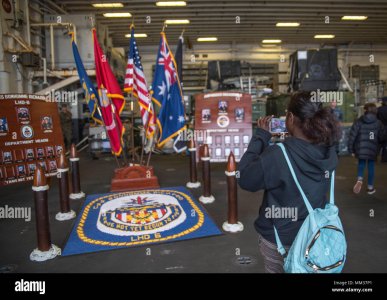The nobles listed for a system on the Wiki and TravellerMap are the Imperial representatives; there will likely be many more nobles, both ceremonial (rank accorded for their duties in the Imperial bureaucracy or the leader(s) of the planetary government) and honour nobles (rank awarded for actions/achievements), and their descendants.
Another way to think of this point is that the nobles listed for systems of the wiki and map are the persons who are on the (LBB S4) Noble career path who have successfully rolled for Position so as to be installed into a posting that makes them the Emperor's representative to that specific world.
This is how you can have an 18 year old character "fresh" out of character generation with Social: A (planetary noble) be "automatically enlisted" into the Noble career for your first term of service. If you roll Position and succeed, you are automatically advanced to Social: B (Knight) as an Imperial Noble representing the Emperor to a world on the map. EVERY Imperial world has a minimum of 1 Knight, and that Knight is titled as the Knight of that specific world.
- Knight Boughene
- Knight Efate
- Knight Kinorb
- Knight Regina
- ... etc.
The roll for Position installs them into a posting as an Imperial Noble whose "job" is to be the imperial representative of the Emperor for that world so as to participate in interstellar relations and policy in a "governing" capacity. That way, you have to EARN your posting, rather than it being an automatic "freebie" upon "enlisting" into the Noble career path.
If you get promoted, you "move up the ranks" to being a Baron (Social: C) and may need to be "reshuffled" so as to be posted to a different world (Barons are usually "in post" for Rich worlds). At Social: D, as a Count, you will almost certainly be "reshuffled" again to be posted as the Imperial Noble for an Industrial world ... and so on and so forth.
When you muster out from the Noble career, you effectively "end" your service as the Emperor's representative to the world(s) you were posted to and "retire" into a life of luxury (or Travelling, as the case may be). By mustering out, you are "relieved of your duties" and essentially become a Noble Emeritus, because you still retain your social standing even if you no longer have official duties.
If you enter the Noble career and FAIL to achieve Position (and you have to successfully roll Position BEFORE you become eligible for Promotion) for your entire career as a Noble, it is possible to remain Social: A-C (whatever you rolled during character creation) without being posted to the "top job" as the Imperial Noble for any particular world. You're essentially "one of the staff" members (or if you prefer, simply a courtier) who advises and consults with the Noble posted to that world.
It's the difference between Military Attache vs Military Aide, for those familiar with extended character generation.
WITH Position, you're the
Military Attache Imperial Noble posted for a world.
WITHOUT Position, you're a
Military Aide courtier/advisor/consultant/assistant/staffer to whoever has the "top job" of being the Imperial Noble in post for a world.
Which means, as the
211th Rule of Acquisition says ... "Employees are the rungs on the ladder of success. Don't hesitate to step on them."
Why so?
Because although there are LOTS of worlds in a sector (and the Imperium as a polity), there are ALWAYS going to be more people with Social: A+ than there are Positions to fill as Imperial Noble at each rank.
Take the Spinward Marches, for example.
There are over 100 worlds that "need" a Knight to be posted to them as an Imperial Noble representing the Emperor to the local (autonomous) world government (since every mainworld gets a Knight, minimum). There can easily be THOUSANDS (if not MILLIONS on high population worlds) of people who have Social: A+ who might be "eligible" for that posting. So there's a tremendous filter process going on ... a "great winnowing" if you will ... between who has the qualifications and who ultimately winds up with the "job" of being put into post as Imperial Nobles.
At the next step up, you have Baron. There's a LOT LESS worlds that have a position for a Baron (Rich and Agricultural worlds) ... so there's ANOTHER filter process/great winnowing going on for who gets to be promoted to become a Baron. Same again for Count, where there are even fewer worlds where a Count can (or needs to) be posted.
All of which combines to create a game of Musical Chairs in which there are a LOT of players, but few chairs to sit on when the music stops ... and as you rise in rank up the hierarchy, there's fewer and fewer chairs in play. This is why the Promotion roll for the Noble career is 12+ (with a +1DM for Intelligence: A+). There are just so FEW opportunities for advancement to higher and higher postings within a sector, that you actually have to "get lucky" in order to succeed in getting promoted as a Noble during your career, before "retiring" and mustering out.
Which means, because there are few opportunities to be had, but plenty of people willing to grasp them ... "Employees are the rungs on the ladder of success. Don't hesitate to step on them."
Nobles in post ACTUALLY have few friends ... because of how they "got" to the position they're in ... and how many rivals they have who are eager to replace them. It's not exactly a "happy life" filled with
esprit de corps and a sense of camaraderie like you would expect in the military (or paramilitary) career paths and services. But hey ... that's POLITRICKS for you.



